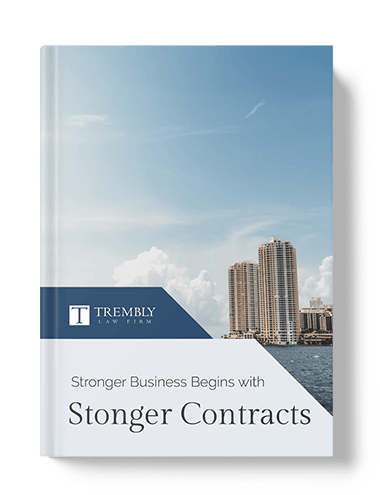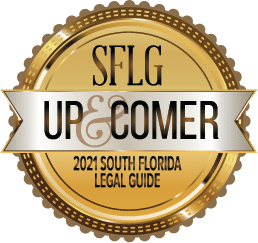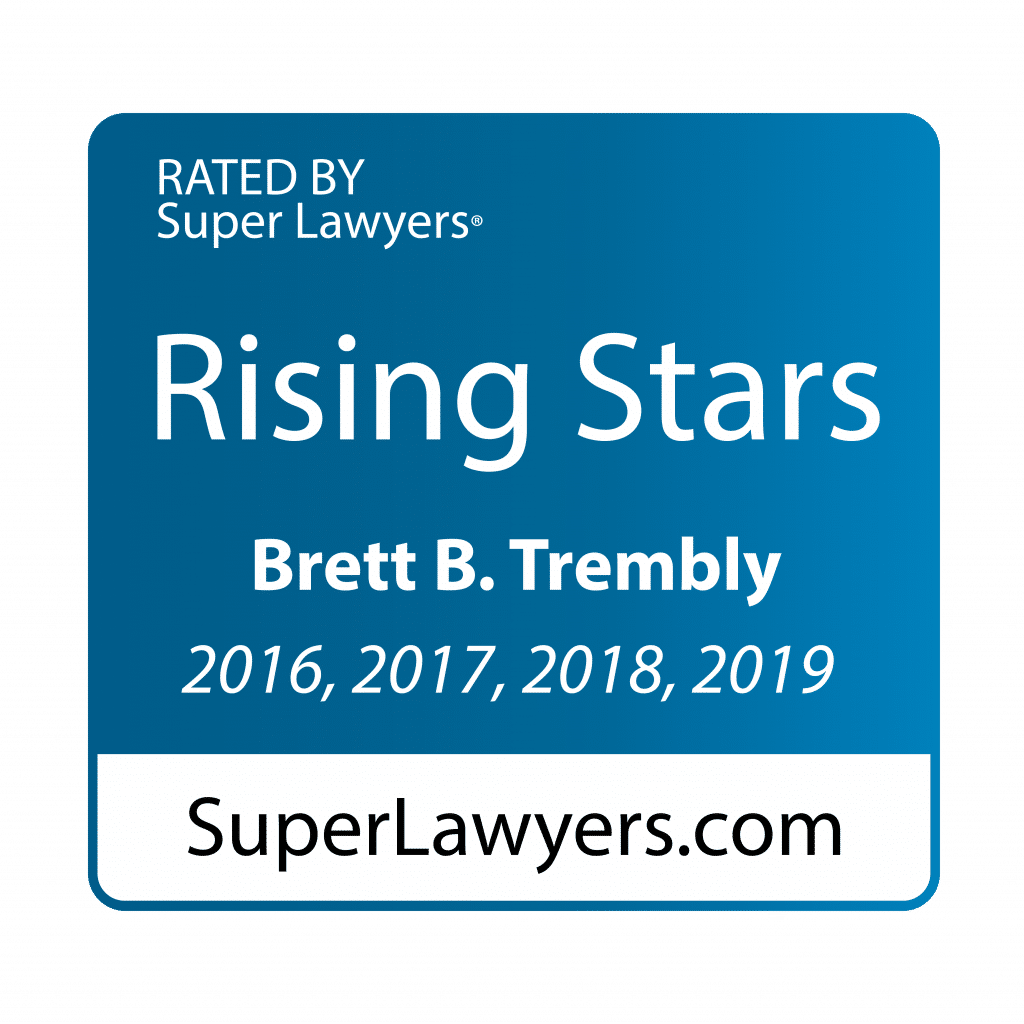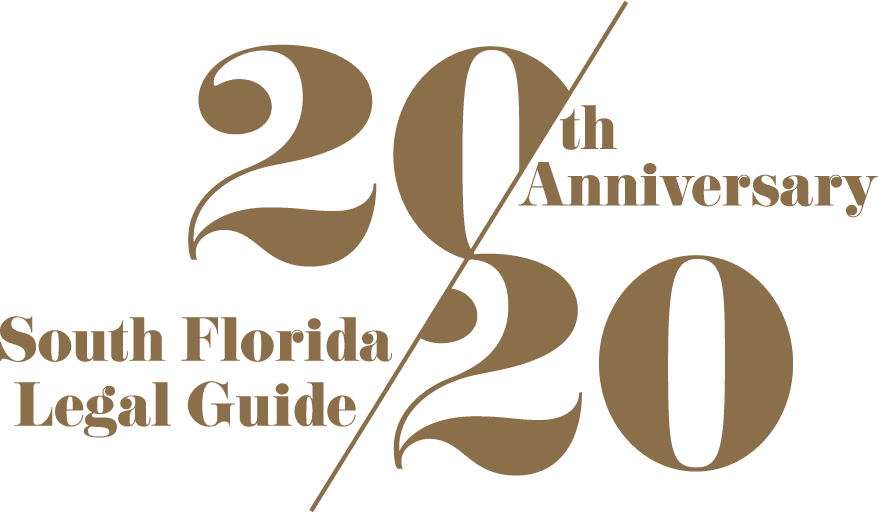Copyright laws protect and safeguard the rights of creators and innovators. One of the reasons why attorneys play a critical role in the evolving world of intellectual property is that copyright laws are not consistently clear-cut or easily recognizable. This is why we are focusing this blog on disputes that revolve around fair use and parody. There is a connection between them and copyright disputes, and it is essential to understand what they are (and are not). Shedding light on both will give you a deeper appreciation of when they cross into copyright infringement.
The Purpose Behind Copyright Protections
Copyright protection is a legal mechanism that allows creators to retain exclusive rights to original works such as literature, music, art, and software. When creators have these rights over their creations, they can control how their art is used and profit from their work. In a broader economic sense, these laws also give financial incentives to those who pursue innovation. Even if copyright laws protect something, the creators can reproduce, distribute, display, or perform their work. Additionally, they can prevent others from doing the things we just listed. This is the foundation for intellectual property rights.
Breaking Down Fair Use and Parody Laws
Regarding how these laws can be confusing, “fair use” opens the door for people to use copyrighted material without permission from the copyright holder. Although this may seem counterintuitive, it allows people to discuss, criticize, and comment on copyrighted material. Fair use is a component of copyright law because it balances the interests of the creator with the public’s ability to access and use it for the overall benefit of our society.
Parody is separate from fair use. Though it involves copyrighted material, the protected work is used to create humorous or satirical content. For example, consider a comedic sketch on shows like Saturday Night Live, where they use existing characters created by someone else. In these situations, they replicate mannerisms or exaggerate them for comedic effect. By doing so, they may be critiquing the original work. Parody is protected under fair use because it can be viewed as “transformative.” This means it adds new creative elements or commentary, thus altering the original. The result is new despite being based on a previously created work.
When Does Fair Use & Parody Cross the Line?
While you can see why fair use doctrines exist, it is crucial to remember that not all uses of copyrighted materials are given this label. Determining whether something qualifies as fair use/parody involves case-by-case analysis by an experienced attorney who works with intellectual property. To provide you with some additional insight, these lawyers will assess the purpose of the work, how the character is being used, the nature of the original, how much of the copyrighted material is being used, and to what extent the reproduction has on the creator’s ability to profit off it.
Let’s examine those factors: Can you write a book about a TV show? Maybe. In the case of Castle Rock Entertainment, Inc. v. Carol Publ. Group, a company published a book about Seinfeld trivia. Not only did it base its questions on 84 Seinfeld episodes, but it used direct dialogue from the show in 41 questions. More importantly, it hindered the original creators from profiting from trivia books that they chose to authorize in the future.
Defend Your IP with Trembly Law Firm
Trembly Law Firm houses attorneys who understand the importance of defending intellectual property. Our experience and reputation are why we are a leading law firm for trademarks and trademark law. We represent over 250 businesses as outsourced general counsel, and handling their IP is part of our services. For more information about how our firm can assist your business, contact our office today to set up a consultation.

















